Latest Posts by villiany - Page 5













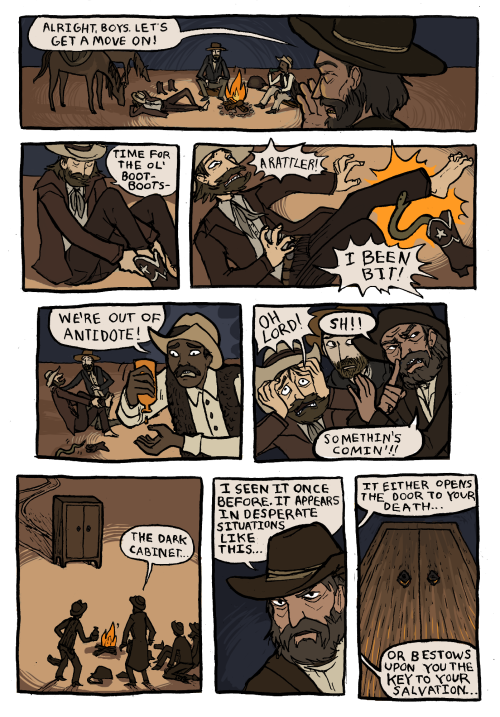
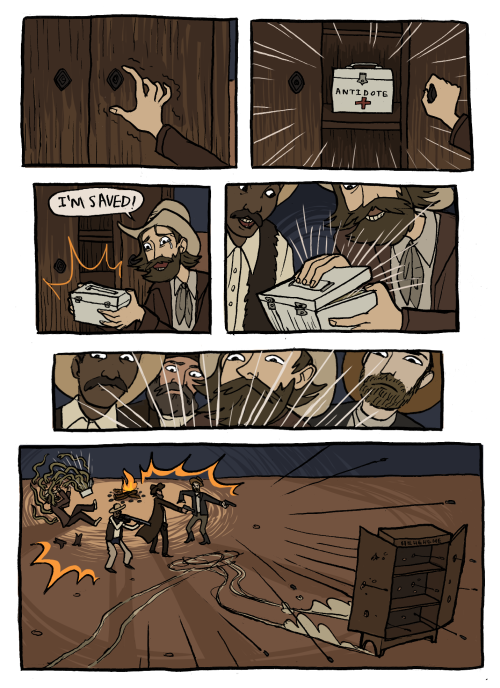
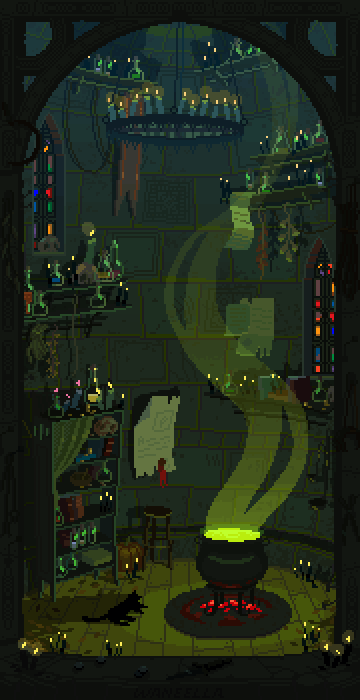



real estate agent: so what kind of property are you looking for?
me: a simple cave with fewer goblins than most

Snow Hill with Ravens, Caspar David Friedrich
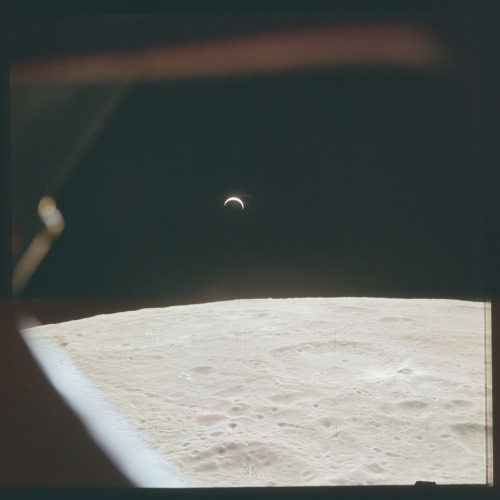
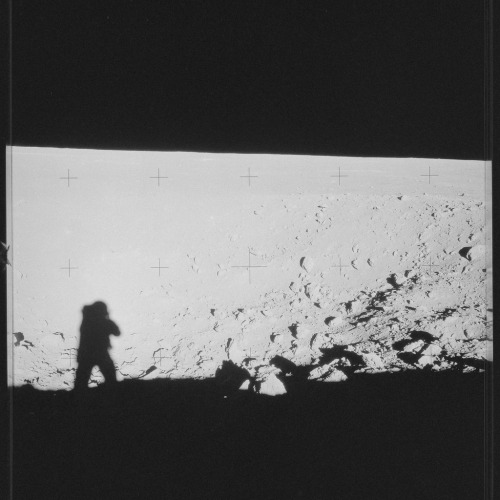

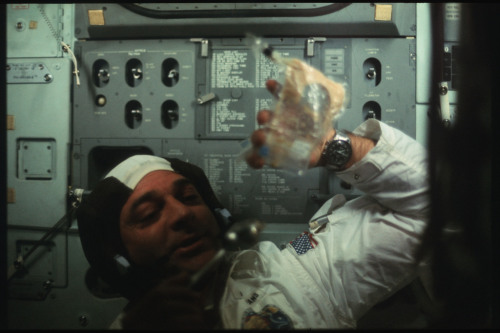
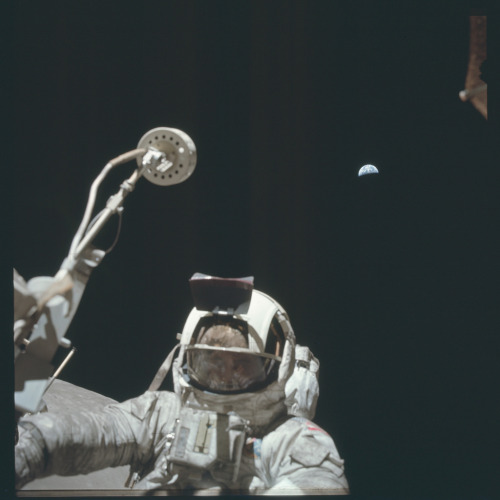

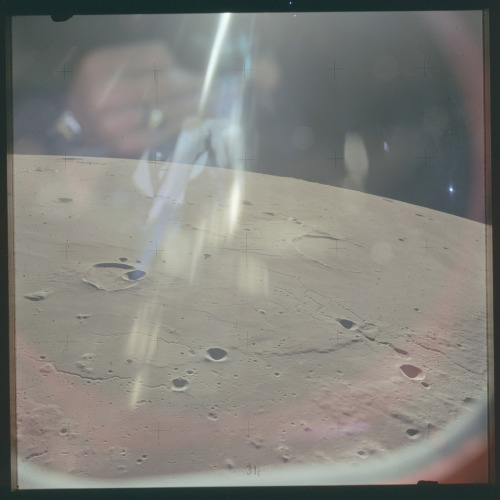
Every Photo From NASA’s Apollo Missions Are Now on Flickr
The Project Apollo Archive uploaded more than 8,400 high-resolution images the astronauts took during NASA’s Apollo Missions of the 1960s and 70s. The collection includes every photo shot with the Hasselblad cameras on the lunar surface, from Earth and lunar orbit, as well as during the journey between the two. All the photos are unprocessed versions of the original scans.
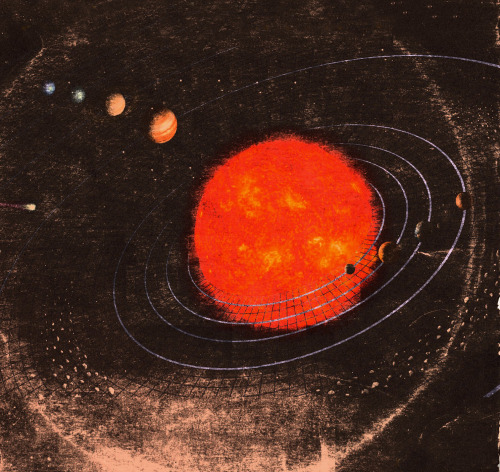

The black ice pangolin can cross a line of salt but not if that salt is mixed with iron oxide (rust). But honestly, it won’t stop it forever. Nothing will.

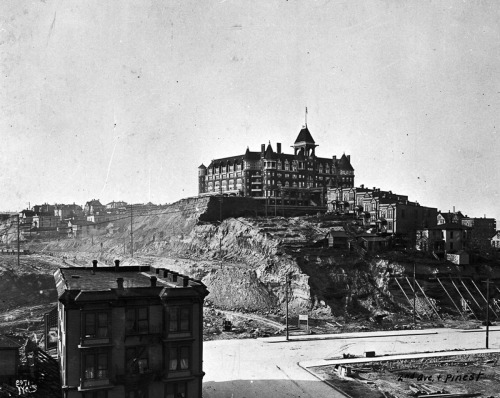


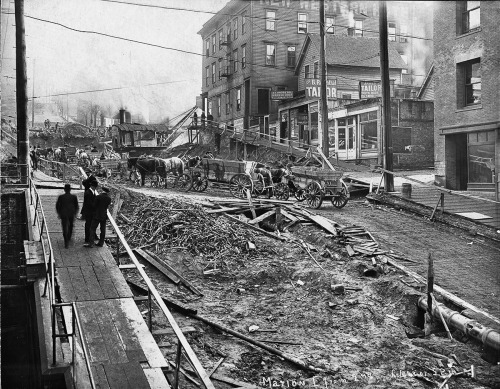
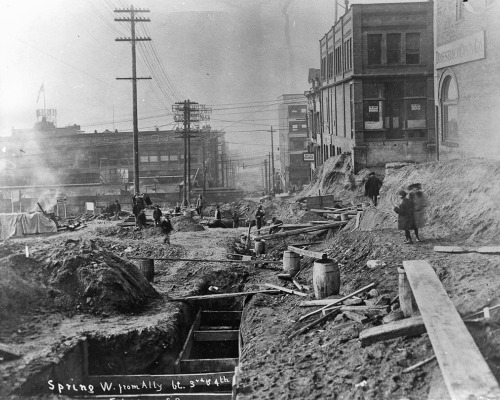
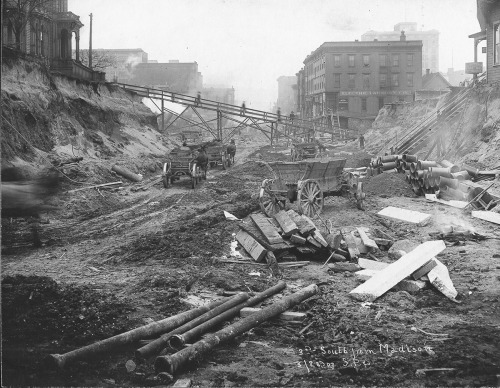
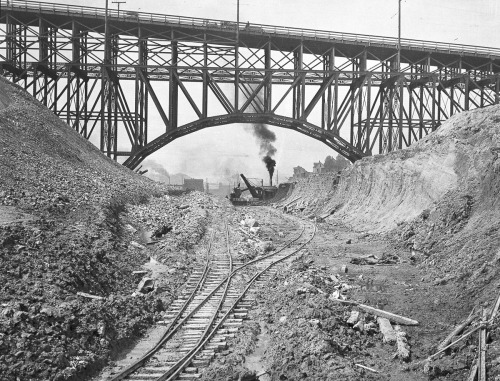
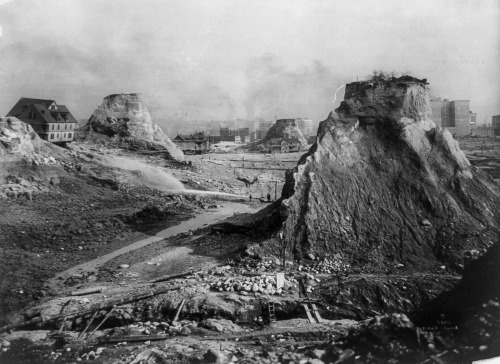
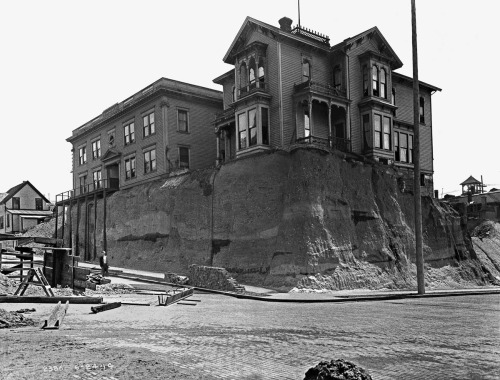
Building Seattle | Via
“The instincts of the pioneer led them aright. Although not without its difficulties, the situation of Seattle is unique among the cities of the world.”
-Arthur H. Dimock 1926
At the beginning of the 20th century, Seattle, Washington was rapidly becoming a major hub of trade in the Pacific Northwest.
Situated on a narrow, hilly isthmus, the city needed to grow in an organized way.
Following a fire which razed much of the downtown area, City Engineer R.H. Thomson took the opportunity to spearhead a wide-ranging effort to tame the terrain around the city and prepare it for a century of growth.
Canals were dug, rivers were diverted and mountains were moved.
In particular, the glacial hills and ridges which separated neighborhoods from the downtown waterfront were deemed a major impediment to travel and commerce, and a prime target for removal.
From the 1890s through the 1920s, more than 50 million cubic yards of earth were scraped away with pick axes, water cannons, steam shovels and conveyor belts. Much of the displaced earth was used for filling in tidal flats on the waterfront.
The “regrading” of the terrain was a boon for some. Downtown residential real estate value was estimated to have increased 1,000% in two years. The owner of the hilltop Denny Hotel (later called the Washington Hotel) was so optimistic about the increase in land value that he tore down the hotel himself.
A popular myth held that some land owners refused to yield their property to the city. While negotiations proceeded, engineers were forced to continue the regrading around them. These untouched properties, looming dozens of feet above flattened plains of dirt, came to be called “spite mounds.”
In fact, there is no evidence that any of the owners of these mounds were opposed to the regrade. James Kelley, owner of several of the mounds, supported the regrade, but was late to lower his properties because he was out of town when contracting began.
When regrading finally ceased with the onset of the Great Depression, the shape of the city had been radically changed.
But the ghost of the old city remains — underground. Some of the Victorian ground level streets remain as a subterranean network of tunnels and passageways beneath the sidewalk.

(via Martin_Johnson_Heade_-_Two_Owls_at_Sunset.jpg (1452×1074))

Félix Vallotton, The Wind 1910


HOODLUMS
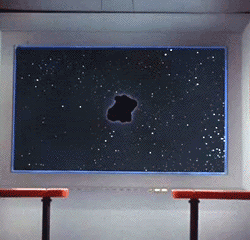






“Bellerophon Encounters the Peryton”
Prints are available here: http://www.inprnt.com/gallery/tkilian/bellerophon-encounters-the-peryton/

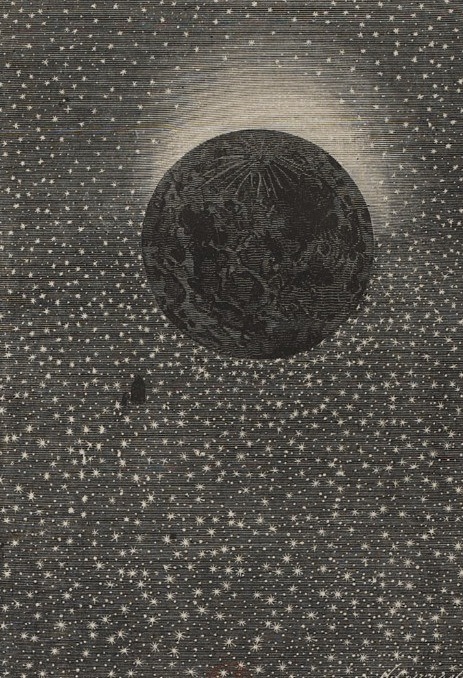

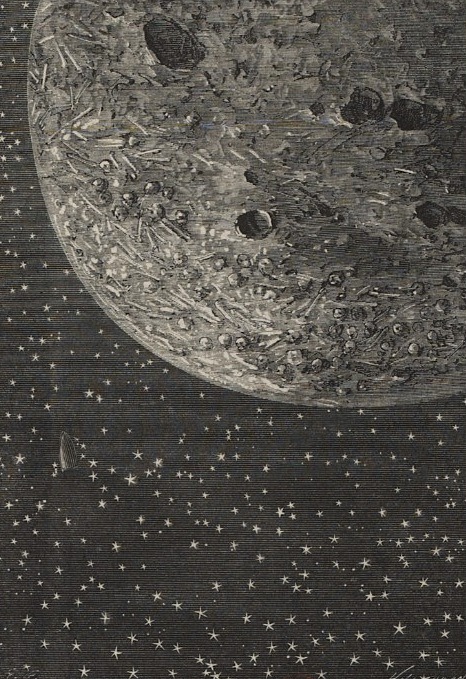
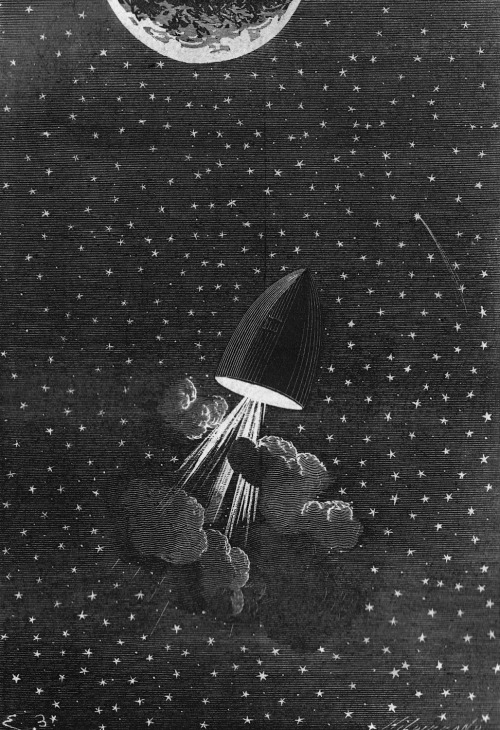
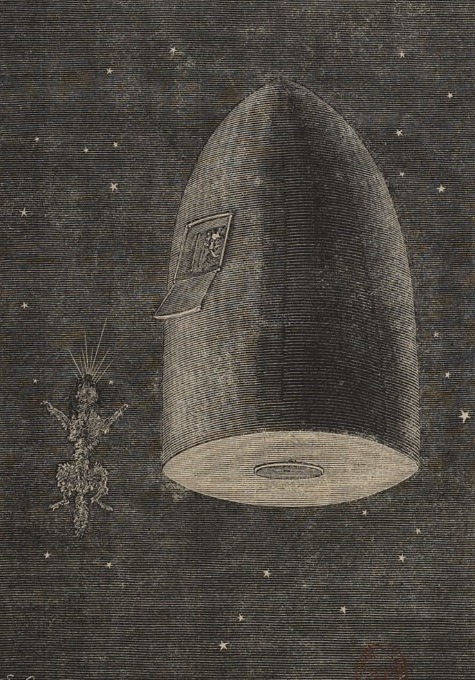
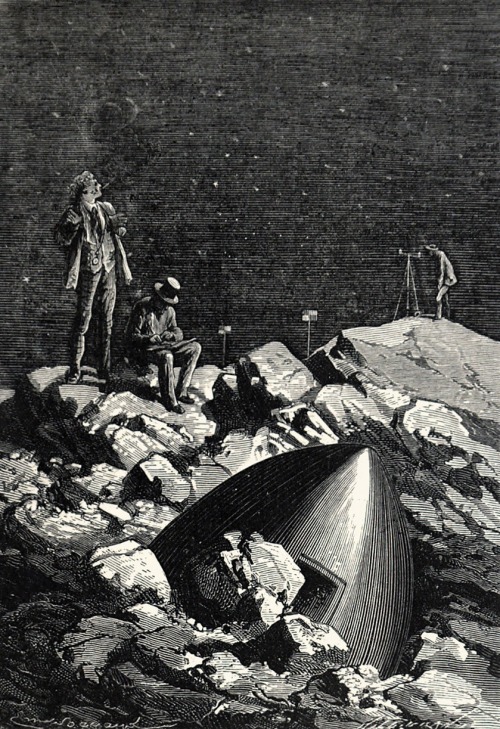
Émile Bayard (engraved by Hildibrand), Autour de la Lune (All Around The Moon); Jules Verne, Paris, c. 1872.


Henry Arthur Payne, The Enchanted Sea




